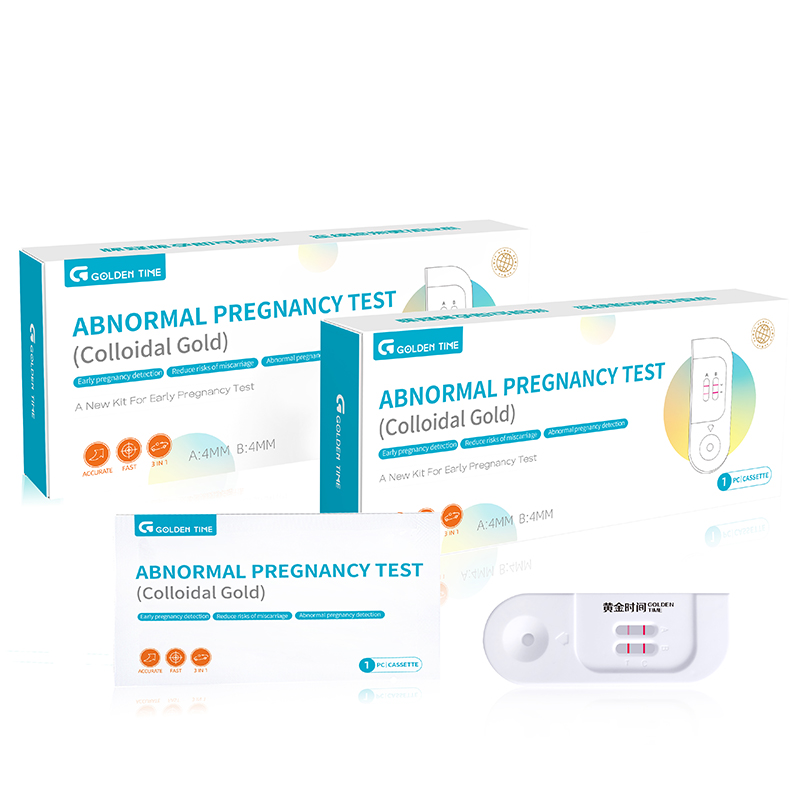8 月 . 16, 2024 09:06 Back to list
Understanding the Importance of Hepatitis C Testing and Its Impact on Public Health Awareness
Understanding Hepatitis C Testing A Crucial Step Towards Better Health
Hepatitis C is a viral infection that primarily affects the liver and can lead to serious health complications, including liver cirrhosis and liver cancer. With an estimated 58 million people living with chronic hepatitis C worldwide, understanding the importance of testing for this virus is crucial for early detection and treatment.
What is Hepatitis C?
Hepatitis C is caused by the Hepatitis C virus (HCV) and is primarily transmitted through blood-to-blood contact. This can occur through sharing needles, receiving contaminated blood products, or through less common routes such as sexual contact. Often, individuals infected with HCV may not exhibit symptoms for years, making it essential to get tested, especially for those at high risk.
The Importance of Testing
Early detection of hepatitis C is vital as it can significantly affect treatment outcomes. Many people are unaware that they are infected due to the lack of symptoms in the initial stages. Regular testing allows for timely medical intervention, which can prevent the progression of the disease and improve the patient's quality of life. Testing is especially recommended for individuals who have a history of intravenous drug use, have received blood transfusions before 1992, or belong to specific risk groups, including healthcare workers and individuals with multiple sexual partners.
Types of Hepatitis C Tests
There are mainly two types of tests used to diagnose hepatitis C
hepatitis c test

1. Antibody Test This test checks for the presence of antibodies to the Hepatitis C virus in the blood. If the result is positive, it indicates that a person has been exposed to the virus at some point. However, it does not confirm an active infection.
2. HCV RNA Test If the antibody test is positive, a follow-up test called the HCV RNA test is conducted to detect the presence of the virus in the blood. This test determines whether the infection is current and helps to measure the viral load, which is essential for deciding the course of treatment.
What Happens After Testing?
If someone tests positive for hepatitis C, it is crucial to follow up with a healthcare provider for further evaluation. This usually includes additional tests to assess the extent of liver damage, such as liver function tests and imaging studies like an ultrasound. Understanding the stage of the disease helps in formulating an effective treatment plan.
Treatment Options
The treatment for hepatitis C has evolved significantly over the past few years. Direct-acting antiviral (DAA) medications are now available that can cure most people with the virus. These medications have a high success rate, often achieving cure rates of over 95%, and are typically administered in a short duration, ranging from eight to twelve weeks.
Conclusion
Hepatitis C testing is a critical component in the fight against this viral infection. With the availability of effective treatments, early detection can lead to better health outcomes. Individuals should be proactive about their health, particularly if they fall into high-risk categories. Regular testing and timely medical intervention can make a significant difference, and ultimately contribute to the goal of eliminating hepatitis C as a public health threat. Whether through routine check-ups or targeted screenings, awareness and education are key to combating hepatitis C effectively.
-
Early Pregnancy Test Kits Accurate & Fast Results Bulk Order Now
NewsMay.30,2025
-
Buy OPK Tests for Pregnancy Detection Bulk Supplier Discounts
NewsMay.30,2025
-
Buy OPK Tests for Pregnancy Detection Bulk Supplier Discounts
NewsMay.30,2025
-
Best At Home H Pylori Test Kits Accurate, Fast & FDA-Certified
NewsMay.29,2025
-
Accurate Syphilis Test Kits Trusted Suppliers & Manufacturers
NewsMay.29,2025
-
Wholesale Stool Occult Blood Test Kits Bulk Supplier Pricing
NewsMay.29,2025

